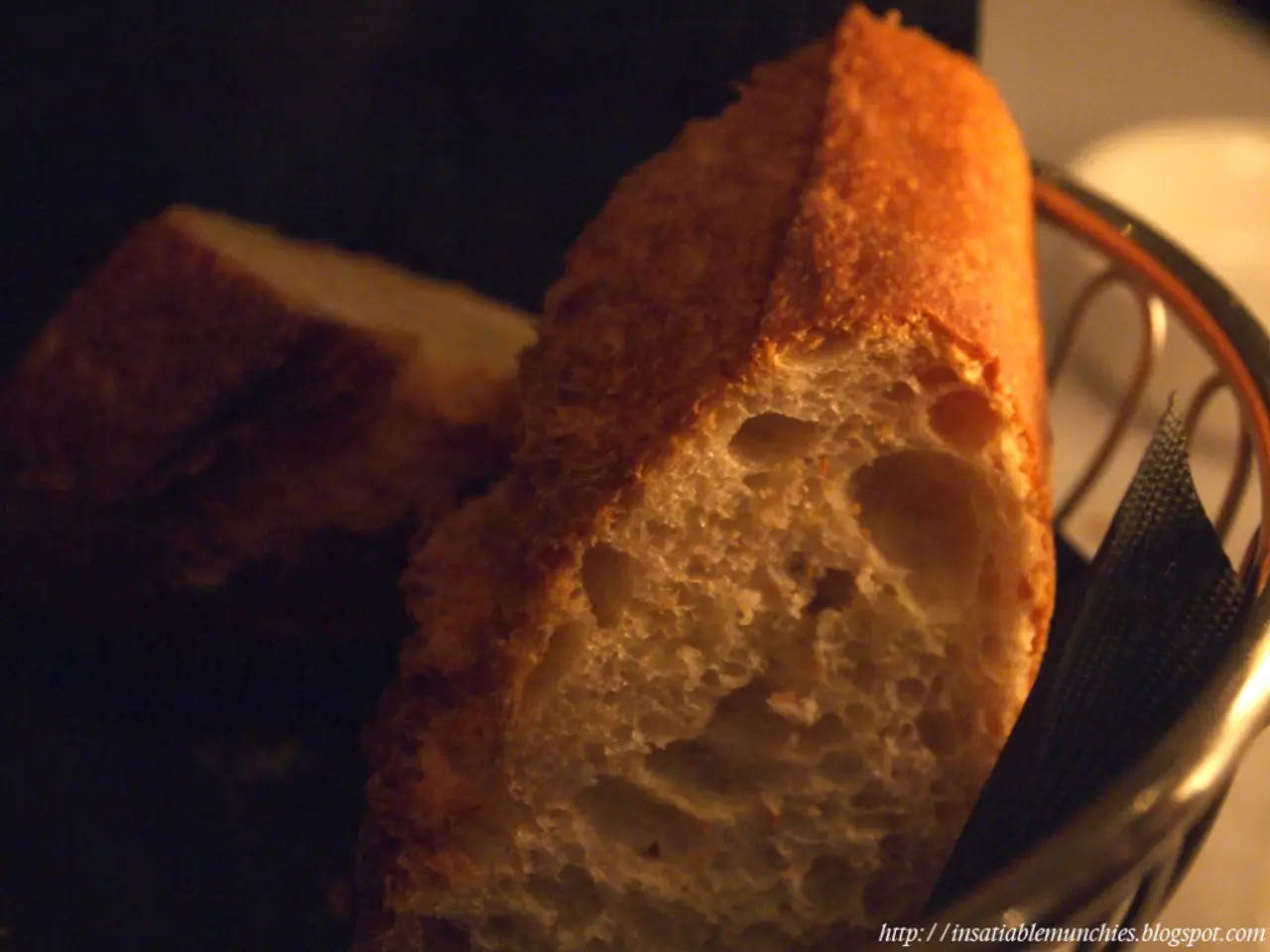Unveiling the keys to senior well-being hidden within the digestive system
Heck yeah! Let's dive into the incredible world of gut health and aging.
Your gut, also known as the gut microbiome, isn't just a random bunch of critters - it's a powerful network that communicates with your brain via the gut-brain axis. This duo regulates a wide range of bodily functions, affecting everything from aging to overall health.
Research shows that folks who are destined for Alzheimer's have a vastly different gut microbiome compared to those who won't. But sadly, as we get older, the diversity in our gut starts to shrink, and it seems that might be connected to the entire aging process.
Take a gander at this large-scale study conducted by the Agency for Science, Technology and Research Genome Institute of Singapore. They investigated the gut microbiomes of 200 octogenarians (that's folks aged 80 to 89) and found a significant decrease in the diversity of bacteria living in their guts. That's a problem, since certain bacteria strains, like the one called Faecalibacterium prausnitzii, support gut health by producing necessary short-chain fatty acids, like butyrate.
This study also discovered specific bacteria that could act as markers for factors like inflammation, blood sugar, and vitamin levels. Imagine being able to monitor your aging process non-invasively by testing for these markers, helping to detect if you're on a path towards chronic disease and frailty or not. Isn't that a game-changer?
So, how can we keep our gut microbiome diverse and robust? Lucky for us, maintaining a healthy gut is all about what we feed it.
Three key players make a gut microbiome thrive:
- Fiber: The more fiber-rich foods you consume, the higher your chances of aging gracefully without ending up with chronic diseases or disabilities. In a study by Australian researchers, those with the highest fiber intake had approximately an 80% higher chance of living a long, healthy life compared to those who weren't consuming much fiber. Let's fill our plates with fruits, veggies, whole grains, and legumes!
- Prebiotics: Prebiotic fiber comes from certain carbohydrates and helps feed our gut bacteria. Opt for bananas, flax seed, lentils, and beans.
- Probiotics: Probiotics help replenish the good bacteria in our gut. You can find these beneficial organisms in probiotic supplements, as well as in fermented foods like yogurt, kefir, kombucha, sauerkraut, and many others.
For those aiming to preserve those helpful bacteria that produce butyrate, consider a diet rich in polyphenols. According to a European study, consuming up to three daily portions of fruits, veggies rich in polyphenols, or polyphenol-rich beverages can improve your gut's barrier function and intestinal permeability. That's right - eating apples, cocoa, dark chocolate, green tea, cranberries, oranges, or pomegranate juice can help keep your gut miles ahead of the game.
"The secret of healthy aging may lie in our gut," as a study in Clinical Nutrition stated. By focusing on a microbiome-friendly diet, we can potentially slow the decline of gut diversity, mitigate inflammation, and support metabolic and immune functions for healthier aging. So let's eat to our heart's content, knowing full well that we're receiving a fantastic health boost!
- Science reveals a substantial difference in the gut microbiome of individuals with Alzheimer's and those who won't, suggesting a link between gut health and healthy aging.
- Studies on elderly populations, such as the one by the Agency for Science, Technology and Research Genome Institute of Singapore, highlight a reduction in gut microbiome diversity with age.
- The reduced diversity of bacteria in the gut may contribute to various medical conditions and chronic diseases associated with aging.
- Particular bacteria strains, like Faecalibacterium prausnitzii, that produce short-chain fatty acids like butyrate, are crucial for gut health.
- A large-scale study revealed specific bacteria that could act as markers for inflammation, blood sugar, and vitamin levels, potentially assisting in monitoring the aging process.
- Maintaining a healthy gut microbiome involves focusing on what we feed it, and three key factors play a significant role: fiber, prebiotics, and probiotics.
- Consuming fiber-rich foods like fruits, veggies, whole grains, and legumes increases the chances of aging gracefully, reducing the risk of chronic diseases.
- Prebiotic fiber, found in bananas, flax seed, lentils, and beans, helps feed gut bacteria and supports their growth.
- Probiotics, which can be found in probiotic supplements, yogurt, kefir, kombucha, sauerkraut, and other fermented foods, help replenish good gut bacteria.
- A diet rich in polyphenols, found in fruits, vegetables, cocoa, dark chocolate, green tea, cranberries, oranges, and pomegranate juice, can improve the gut's barrier function and intestinal permeability, supporting butyrate-producing bacteria.
- Healthy aging may hinge on the state of our gut, as suggested by studies in Clinical Nutrition.
- Embracing a microbiome-friendly diet can help slow the decline of gut diversity, mitigate inflammation, and support metabolic and immune functions related to healthy aging.
- Fitness and exercise, mental health, men's health, women's health, eye health, hearing, skin care, and various therapies and treatments, such as CBD, play crucial roles in overall health and wellness beyond gut health and aging.








